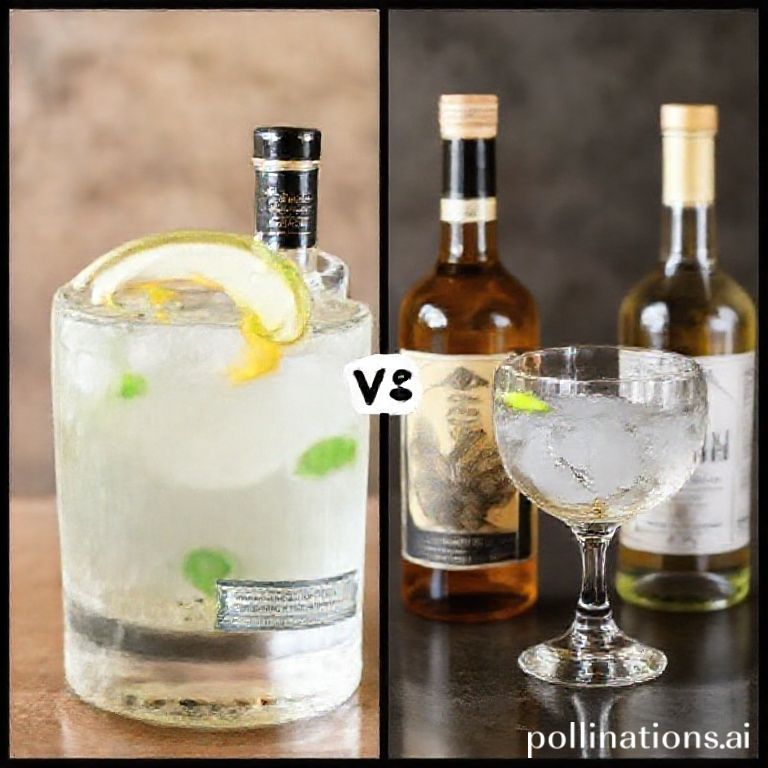Mexico boasts a rich tapestry of flavors, and few are as iconic as those found in its agave-based spirits: tequila and mezcal. While both originate from the agave plant, they offer distinct experiences shaped by their production methods, geographical origins, and types of agave used. Understanding these differences unlocks a deeper appreciation for the craftsmanship and heritage embedded in each sip.
For those new to the world of agave spirits, the sheer variety can be overwhelming. However, by exploring the key distinctions between tequila and mezcal, you can navigate the nuances of flavor and make informed choices that suit your palate. Let’s delve into a comparative journey that will illuminate the unique qualities of these celebrated Mexican drinks.
Agave Varieties and Terroir
The foundation of both tequila and mezcal lies in the agave plant, but this is where the first major divergence occurs. Tequila can only be made from Blue Weber agave, primarily grown in the state of Jalisco and limited regions in Guanajuato, Michoacan, Nayarit, and Tamaulipas. This regional specificity and single agave type create a controlled environment that contributes to tequila’s consistent profile.
Mezcal’s Diverse Agave Palette
In contrast, mezcal embraces a much broader range of agave species—over 30 different types can be used, each imparting unique characteristics. While Espadin agave is the most common, others like Tobala, Arroqueño, and Tepeztate offer complex and varied flavor profiles. Furthermore, mezcal production is permitted in nine designated states: Oaxaca, Guerrero, Durango, San Luis Potosi, Zacatecas, Guanajuato, Tamaulipas, Michoacan, and Puebla. This diversity in agave types and terroir contributes to the vast spectrum of flavors found in mezcal.
- Tequila: Blue Weber agave only, primarily from Jalisco.
- Mezcal: Over 30 agave species, produced in nine designated states.
Production Methods: A Tale of Two Processes
The methods used to harvest and process the agave also significantly influence the final product. Traditionally, tequila production involves steaming the agave in industrial ovens, followed by shredding and extracting the juice. This juice is then fermented and distilled, often in stainless steel stills.
The Artisanal Approach to Mezcal
Mezcal production frequently adheres to more traditional, artisanal methods. The agave hearts (piñas) are often roasted in earthen pits lined with lava rocks and filled with wood and charcoal. This roasting process imparts a smoky character that is a hallmark of many mezcals. The cooked agave is then crushed, sometimes using a tahona (a large stone wheel), and fermented in wooden vats. Distillation typically occurs in small copper or clay pot stills, often twice, allowing the distiller to carefully control the final product.
- Tequila: Steamed agave, often distilled in stainless steel.
- Mezcal: Roasted agave in earthen pits, often distilled in copper or clay.
Flavor Profiles: From Smooth to Smoky
The combination of agave variety and production methods results in vastly different flavor profiles. Tequila, particularly blanco or silver tequila, often exhibits bright citrus notes, herbal undertones, and a clean finish. Reposado and añejo tequilas, aged in oak barrels, develop richer flavors of vanilla, caramel, and spice.
Exploring the Complexity of Mezcal Flavors
Mezcal, on the other hand, is often characterized by its smoky flavor, a direct result of the roasting process. Beyond the smoke, mezcal can offer a complex array of flavors, including earthy notes, fruitiness, floral aromas, and even hints of spice. The specific flavor profile depends heavily on the type of agave used and the producer’s techniques. Tasting mezcal can be an adventure, as each bottle offers a unique sensory experience.
- Tequila: Citrus, herbal, vanilla, caramel (depending on aging).
- Mezcal: Smoky, earthy, fruity, floral, spicy (highly variable).
Regulations and Classifications
Both tequila and mezcal are protected by Appellations of Origin, meaning they can only be produced in specific regions of Mexico and must adhere to strict regulations. Tequila is governed by the Norma Oficial Mexicana (NOM), which dictates production standards and labeling requirements. Tequila is categorized into Blanco (unaged), Reposado (aged 2 months to 1 year), Añejo (aged 1 to 3 years), and Extra Añejo (aged over 3 years).
Mezcal’s Diverse Classifications
Mezcal also adheres to NOM regulations but has its own classifications. Mezcal can be categorized as Mezcal, Mezcal Artesanal, or Mezcal Ancestral, depending on the production methods used. Mezcal Ancestral represents the most traditional methods, often involving manual crushing and fermentation in earthen pits. These regulations ensure the quality and authenticity of both spirits.
Conclusion
Tequila and mezcal, while both derived from the agave plant, represent distinct expressions of Mexican spirit-making. Tequila, with its focus on Blue Weber agave and modern production techniques, offers a consistent and refined flavor profile. Mezcal, with its diverse agave varieties and artisanal methods, provides a wider range of complex and smoky flavors. By understanding these differences, you can appreciate the rich history, craftsmanship, and unique character of each spirit, enhancing your tasting experience and broadening your appreciation for Mexico’s agave heritage.
Ready to deepen your knowledge of Mexican culture? Check out our other articles on Life in Mexico for more insights!
IMAGE: A dimly lit mezcaleria in Oaxaca, Mexico. Focus on a bartender carefully pouring mezcal into a small clay copita. The background features shelves filled with various mezcal bottles, lit by warm, inviting light. The overall mood is authentic, rustic, and sophisticated, showcasing the traditional aspect of mezcal culture.


